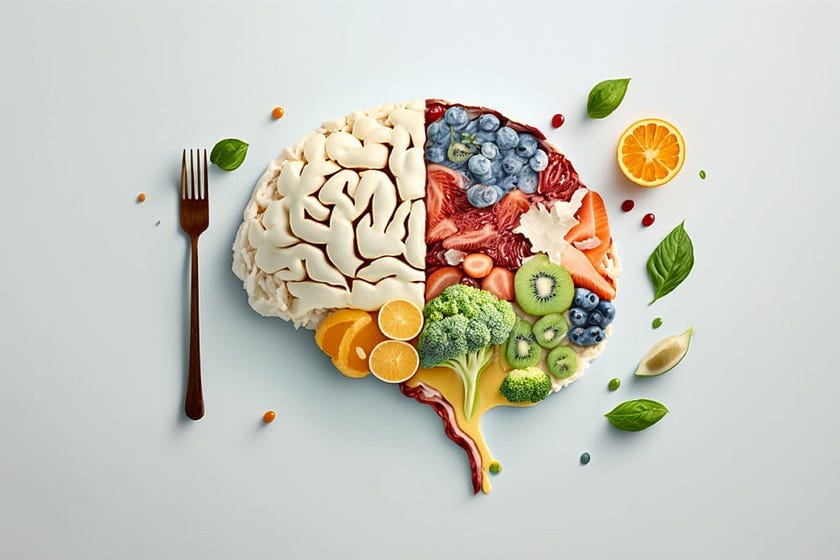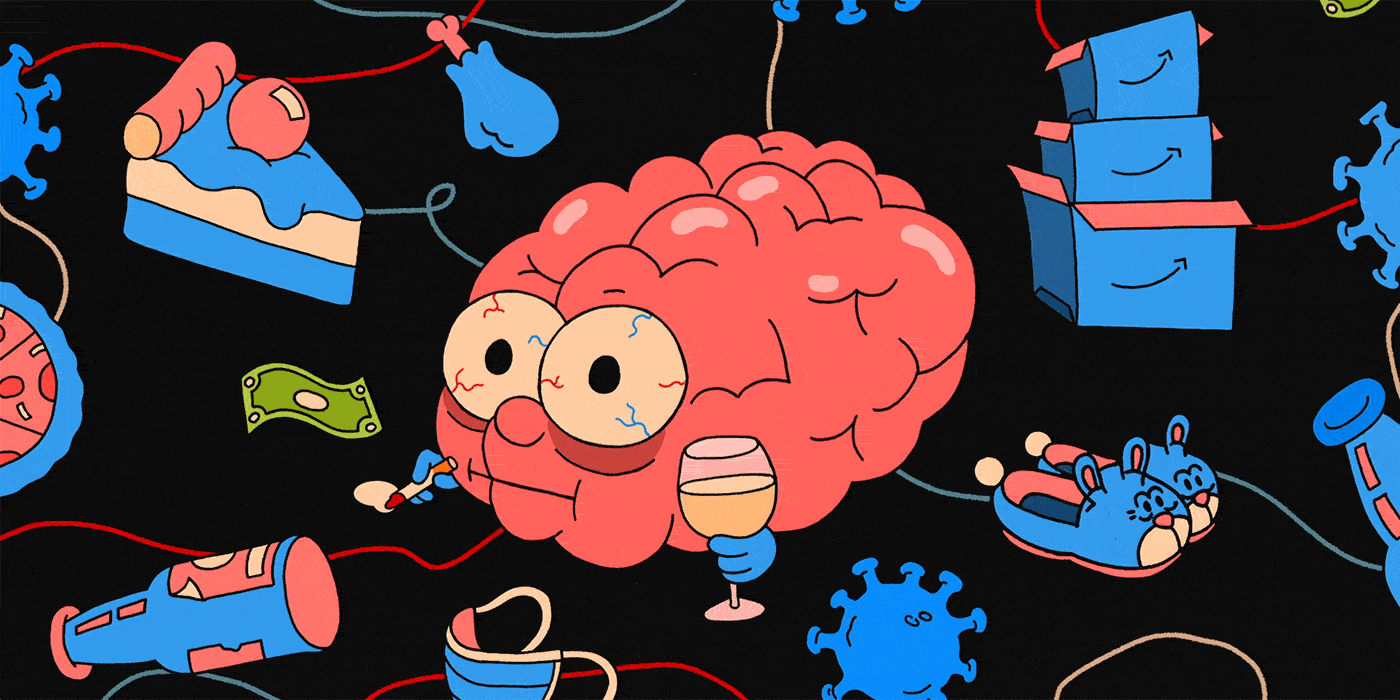
Stress is an inevitable part of life.
Whether it’s triggered by work, relationships, or unforeseen challenges, stress can significantly impact your physical and mental well-being.
What many people don’t realize is how closely stress is linked to food choices and brain health.
How Stress Affects the Brain?
When you encounter stress, your brain activates the hypothalamic-pituitary-adrenal (HPA) axis, releasing hormones like cortisol and adrenaline. These hormones prepare your body for a fight-or-flight response, but prolonged stress can lead to chronic health issues, including poor mental function and impaired decision-making.
Key Neurotransmitters Affected
- Cortisol: Elevates blood sugar and increases appetite for high-energy foods.
- Serotonin: Reduced levels during stress can lead to mood swings and cravings.
Scientific studies have shown that chronic stress can shrink the hippocampus, the brain region responsible for memory and learning.
Stress and Food Choices
Stress often alters dietary habits. For some, it suppresses appetite, but for many, it increases cravings for “comfort foods” like sweets and fried snacks.
Why Stress Affects Eating Habits?

A study published found that stress increases the consumption of high-calorie foods, contributing to weight gain and metabolic issues.

How Food Impacts Brain Health?
Your brain requires specific nutrients to function optimally. Poor dietary choices can exacerbate stress and impair cognitive function.
Essential Nutrients for Brain Health

The Gut-Brain Axis
The gut houses trillions of microbes that communicate with the brain via the vagus nerve. A balanced diet with probiotics (yogurt, kefir) and prebiotics (bananas, garlic) can improve gut health, thereby reducing stress.
Foods That Help Combat Stress
Eating the right foods can mitigate the effects of stress and enhance your mood.
Top Stress-Reducing Foods

Breaking the Cycle of Stress and Poor Eating
Stress eating can create a vicious cycle, where poor dietary choices exacerbate stress and vice versa. Breaking this cycle requires mindfulness and proactive habits.
Tips for Breaking the Cycle
- Practice Mindful Eating: Focus on the taste, texture, and smell of your food to avoid overeating.
- Prepare Healthy Snacks: Keep nuts, fruits, or yogurt handy to curb cravings.
- Incorporate Exercise: Physical activity helps lower cortisol levels naturally.
- Seek Support: Talking to a therapist or joining a support group can help manage emotional eating.

Stress, food, and the brain are intricately connected. While stress is unavoidable, its impact on your health can be mitigated by making informed dietary choices. By prioritizing nutrient-dense foods and practicing mindfulness, you can support your brain and body in managing stress effectively.
Remember: “You are what you eat, so don’t be fast, cheap, or fake.” Start small, and over time, these healthier choices will transform your mental and physical well-being.









